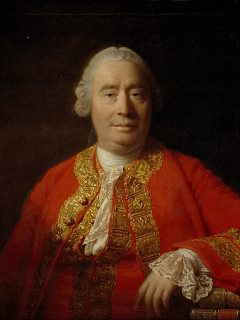

Health care for old age
rights, duties and expectations
pp. 471-493
in: Geoffrey Scarre (ed), The Palgrave handbook of the philosophy of aging, Berlin, Springer, 2016Abstract
Eighteenth-century philosopher David Hume appreciated the tranquil and detached quality of the last segment of his life. In contrast, twenty-first-century physician-philosopher Ezekiel Emmanuel fears the arrival of this same period in his life. Emmanuel proposes not to seek curative medical care from the time he reaches age 75. He agrees with Hume that old age is a time of physical and mental decline but devises a different adaptive approach. Instead of abandoning the ambition that has characterized his life, he will abandon life itself. The chapter explores and assesses twenty-first-century conceptual deterrents to Hume's recommended tranquil detachment. The discussion zeroes in on contemporary conceptual components that are biased against the elderly, the very age group that our current idea of old age should celebrate rather than condemn.


